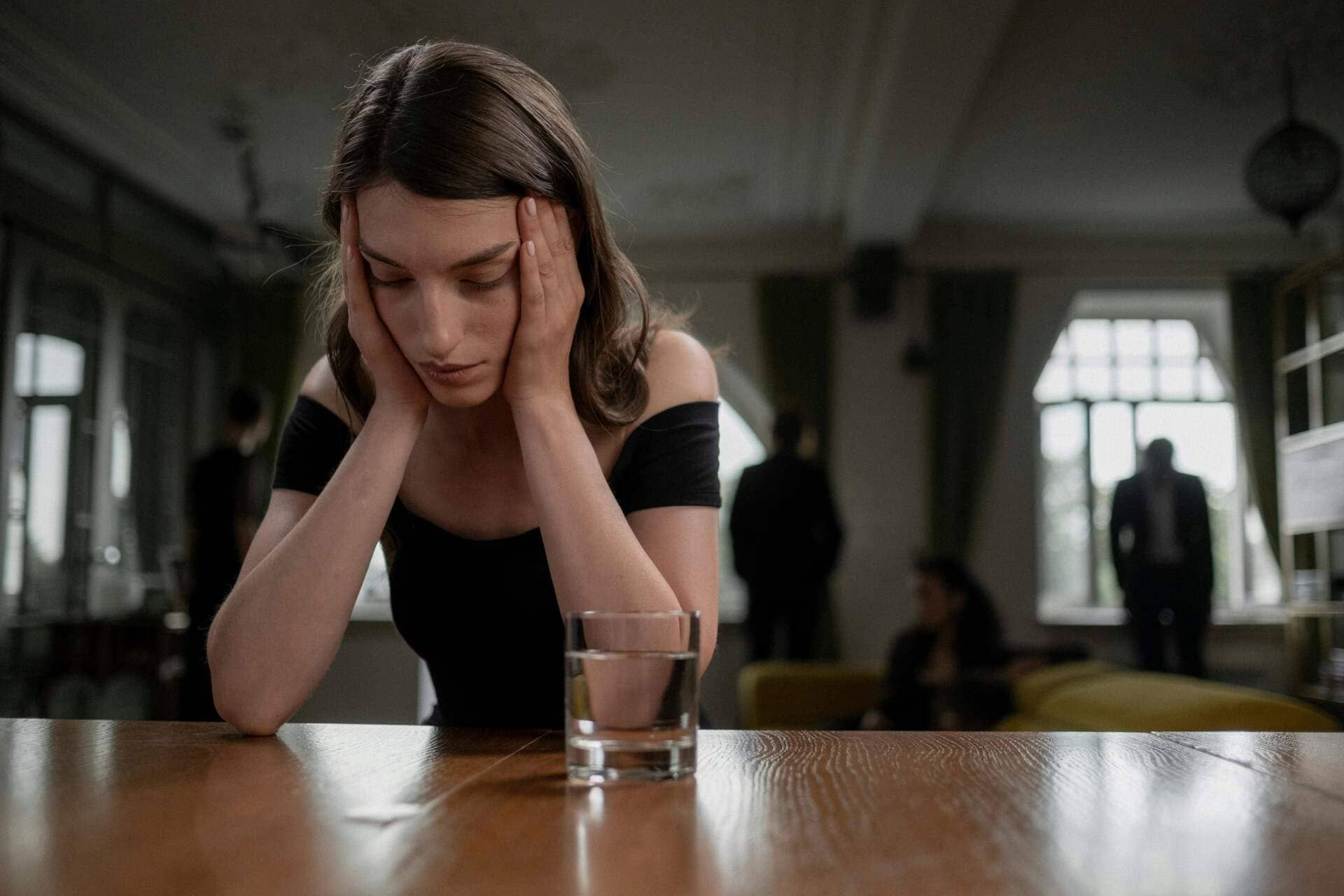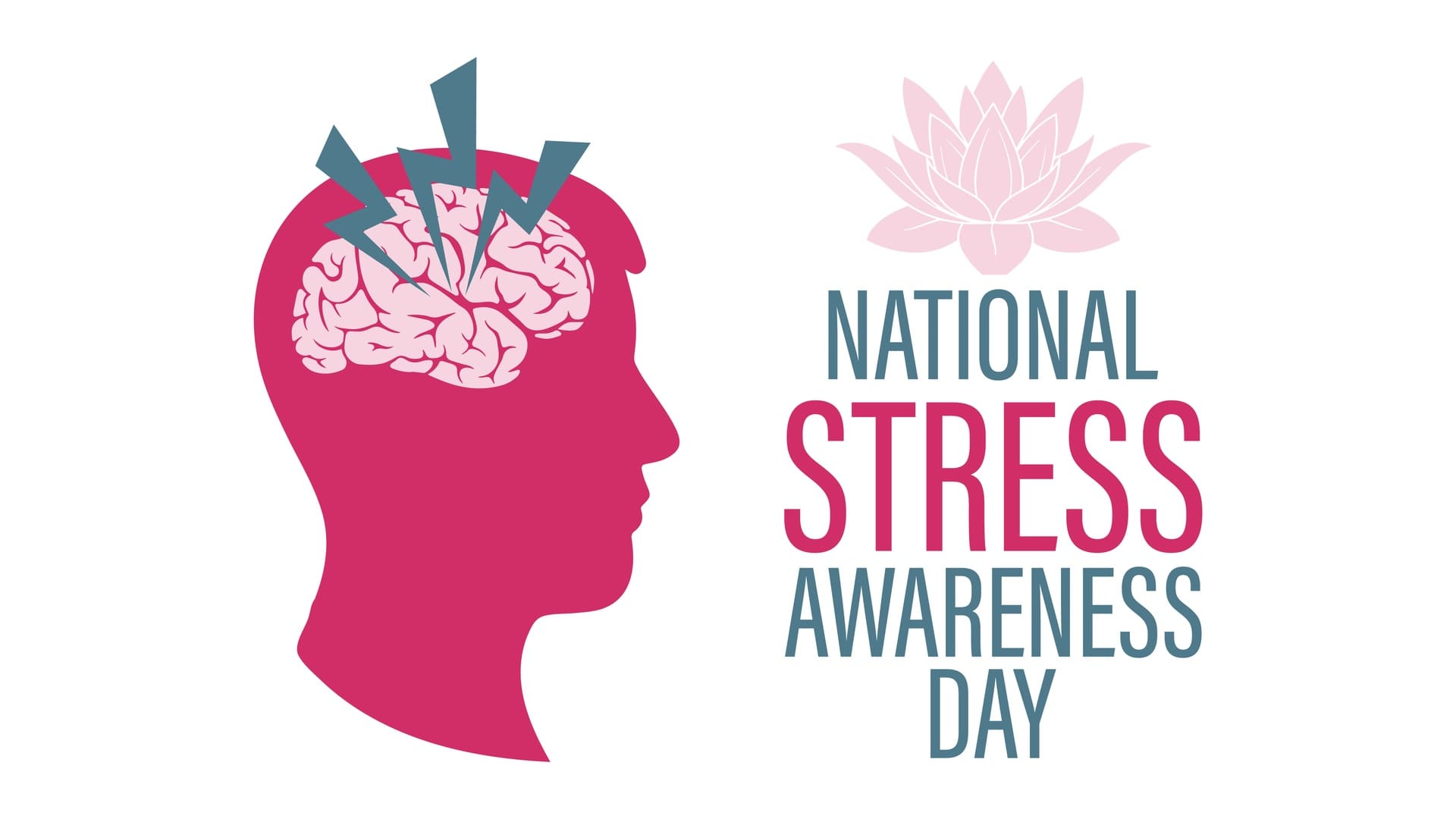Can an Anxiety Attack Cause You to Faint or Just Feel Dizzy? What You Need to Know

Sarah Johnson, MD

What Happens to Your Body During an Anxiety or Panic Attack
When you feel anxious or have a panic attack, your body goes into "survival mode," also called the fight-or-flight response. Adrenaline floods your bloodstream, your heart beats faster, and your breathing speeds up to prepare for action. Even without a real danger, this response can make you feel dizzy, lightheaded, or like you might faint. Hyperventilation can further reduce oxygen flow, making you feel off-balance or disconnected. These are normal anxiety-related symptoms—your body is reacting as if there were a threat. That dizzy, lightheaded feeling during panic is your body's survival response; an AI Mental Health can help you learn techniques to calm this reaction and feel safe again.
You should remember that you're not dying, going crazy, or losing control, even though it feels that way. Your brain has just confused a thought, memory, or feeling with a real threat to your life. The shaking, sweating, and tightness in your chest are all normal bodily responses, not signs of disaster. Panic attacks reach their peak in 10 minutes, and even though they are scary, they always go away. If you know this, you can get through the storm with less fear by telling yourself, "This is just my body trying to protect me." "I'm safe."

Can an Anxiety Attack Actually Make You Faint or Feel Lightheaded?
During an anxiety or panic attack, your body floods with adrenaline. This usually increases your heart rate and blood pressure, making fainting unlikely. Hyperventilation can make you feel dizzy, weak, or lightheaded because of changes in carbon dioxide levels, not because your brain is deprived of blood. Tunnel vision and disorientation are signs your nervous system is in overdrive. Most people who fear fainting during a panic attack remain conscious, but the sensations feel intense. While the dizziness feels intense, fainting from anxiety is rare; having severe anxiety management strategies can help you navigate these overwhelming sensations.
Vasovagal syncope is the only exception. It happens when extreme fear or stress causes a sudden drop in heart rate and blood pressure, which can make someone faint. People who have specific fears, like blood or injury phobias, are more likely to have this reflex than people who are generally anxious. If you tend to faint, learning to recognize early warning signs like nausea, sweating, and ringing ears can help you sit or lie down before you pass out. Grounding techniques like paced breathing can help stop the false alarm during regular anxiety attacks. Keep in mind that your body is still protecting you, even though the fear feels overwhelming. It's just doing it in a way that's too cautious, which you can learn to control.
Why Do You Feel So Faint or Lightheaded Then?
When you feel anxious, your breathing often gets fast and shallow. This is a physiological response called hyperventilation. Even though it might feel like you're getting more oxygen, you're actually getting rid of too much carbon dioxide too quickly. This messes up the delicate pH balance of your blood, which makes the blood vessels in your brain narrow and cuts down on the amount of oxygen that gets to them. What happened? That scary feeling of dizziness, tingling lips or fingers, and the fear that you might pass out, even though you aren't really going to pass out. Anxiety also makes your muscles tense up all over your body, especially in your neck and shoulders. This can make these strange feelings even worse by making it harder for blood to flow.
The fact that these symptoms are real and happening right now is what makes them so scary. Lightheadedness can feel even worse when you add common anxiety triggers like dehydration, low blood sugar, or tiredness to hyperventilation. The good news is that knowing how this works can help you stop being afraid. When you realize that these feelings are just your nervous system reacting and not real danger signals, they lose some of their power. Simple things you can do to reset your system include sitting down, taking a deep breath for four counts, holding it for two counts, and exhaling for six counts. Keep in mind that your body is sending out a false alarm, and you have the means to calm it down. That terrifying lightheadedness is a common breathing-related anxiety symptom; understanding it's a false alarm is the first step to calming your nervous system.
Is It Dangerous? When Should You Worry?
Anxiety attacks can make you feel dizzy and faint, which can be scary, but they are usually not dangerous. Your body is basically setting off a false alarm, flooding you with adrenaline and changing your breathing, but it's not putting you in real danger. Even if you faint (which doesn't happen very often with normal anxiety), the short loss of consciousness itself isn't dangerous. It's important to know the difference between lightheadedness caused by anxiety and other medical reasons for fainting, especially if it happens a lot or for no clear reason.
If you really pass out, even for a short time, you should see a doctor to rule out problems like low blood pressure, dehydration, heart problems, or neurological conditions. Don't just brush off your symptoms as "just panic" if you have chest pain, prolonged confusion after fainting, or episodes that happen without any anxiety triggers. A doctor can help you figure out if your fainting spells are just caused by stress or if you need to see someone else for more tests. When it comes to your health, it's always better to be safe than sorry. Your anxiety may be the reason for your symptoms, but that shouldn't stop you from getting to the bottom of things.
Grounding Techniques to Prevent Fainting Feelings
That frightening dizziness during a panic attack is a false alarm; having emergency anxiety techniques on hand can help you regain control and feel safe. Begin with the 5-4-3-2-1 method: List five things you can see, four things you can touch, three things you can hear, two things you can smell, and one thing you can taste. This sensory exercise stops panic by making you focus on things outside of yourself. Do diaphragmatic breathing with it. This means breathing deeply into your belly (not your chest) and slowly exhaling for six seconds. This brings the oxygen levels back to normal and tells your nervous system that everything is okay. If you can, sit or lie down to avoid falling, and tell yourself, "This will pass." "I'm safe."
Low blood sugar or dehydration can make faintness worse. Simple things like drinking cold water or eating a snack can help your body get back to normal. Don't rush your movements to avoid sudden drops in blood pressure. If you're in public, don't be afraid to ask for help or a place to sit. To ground yourself, say a calming phrase like "This wave will pass" over and over. These tips won't make your anxiety go away right away, but they will help you deal with it better. You are not weak for feeling this way; you are human. And like all storms, this one will pass.
When to Get Support
It's normal to feel dizzy from time to time because of anxiety, but there are some signs that you need to get help. If you often feel faint (not just faint), don't want to do things like drive or be alone because you're afraid of collapsing, or if this fear is making your life smaller, getting professional help can make a big difference. Therapy, especially cognitive behavioral therapy (CBT) or somatic approaches, can help your nervous system stop overreacting. Medication, like short-acting anti-anxiety meds or SSRIs, may help for a short time if you have a hypersensitive stress response.
You don't have to face panic alone; having emergency calming techniques on hand can give you the confidence to navigate these intense moments and reclaim your sense of control. Mind-body practices like yoga, breathwork, and biofeedback can also help your body reset its alarm system. You don't want to never feel anxious again; you want to build resilience so that when you do feel dizzy or panicked, you have the tools and confidence to deal with it. Reaching out isn't giving up; it's getting your freedom back.
You’re Not Alone —
and You’re Not Broken
If anxiety has ever made you feel dizzy, shaky, or like you might pass out, know that you're not making it up and you're not weak. Your body is doing its best to keep you safe, but it's using an old playbook and mistaking shadows for threats. The fear is real, but the threat isn't. You have shown that you are strong every time you have felt this way and gotten through it, even if you didn't feel like it at the time.
When you respond to these feelings with curiosity instead of shame, healing starts. You can teach your body a new language of safety with the right tools, like grounding techniques, nervous system regulation, and kind support. It may take a while, but progress is possible. You have made it through every hard time so far. That's not luck; it's proof that you're stronger than your anxiety wants you to think. Keep going.
FAQ
Can you actually faint during an anxiety attack?
Most people do not lose consciousness during anxiety or panic attacks. The feeling of fainting is caused by rapid breathing and adrenaline, not by a dangerous drop in blood pressure.
How long does dizziness from anxiety last?
It can last from a few minutes to several hours, depending on your stress level and how quickly you calm your body.
Is fainting from anxiety dangerous?
Fainting from anxiety alone is rarely dangerous. However, frequent fainting spells should be checked by a doctor to rule out other causes.
What helps immediately if I feel faint from panic?
Slow breathing, grounding techniques, and sitting down with your head between your knees can help prevent fainting.
When should I see a doctor?
If fainting is accompanied by chest pain, irregular heartbeat, or happens without anxiety symptoms, seek medical advice promptly.














